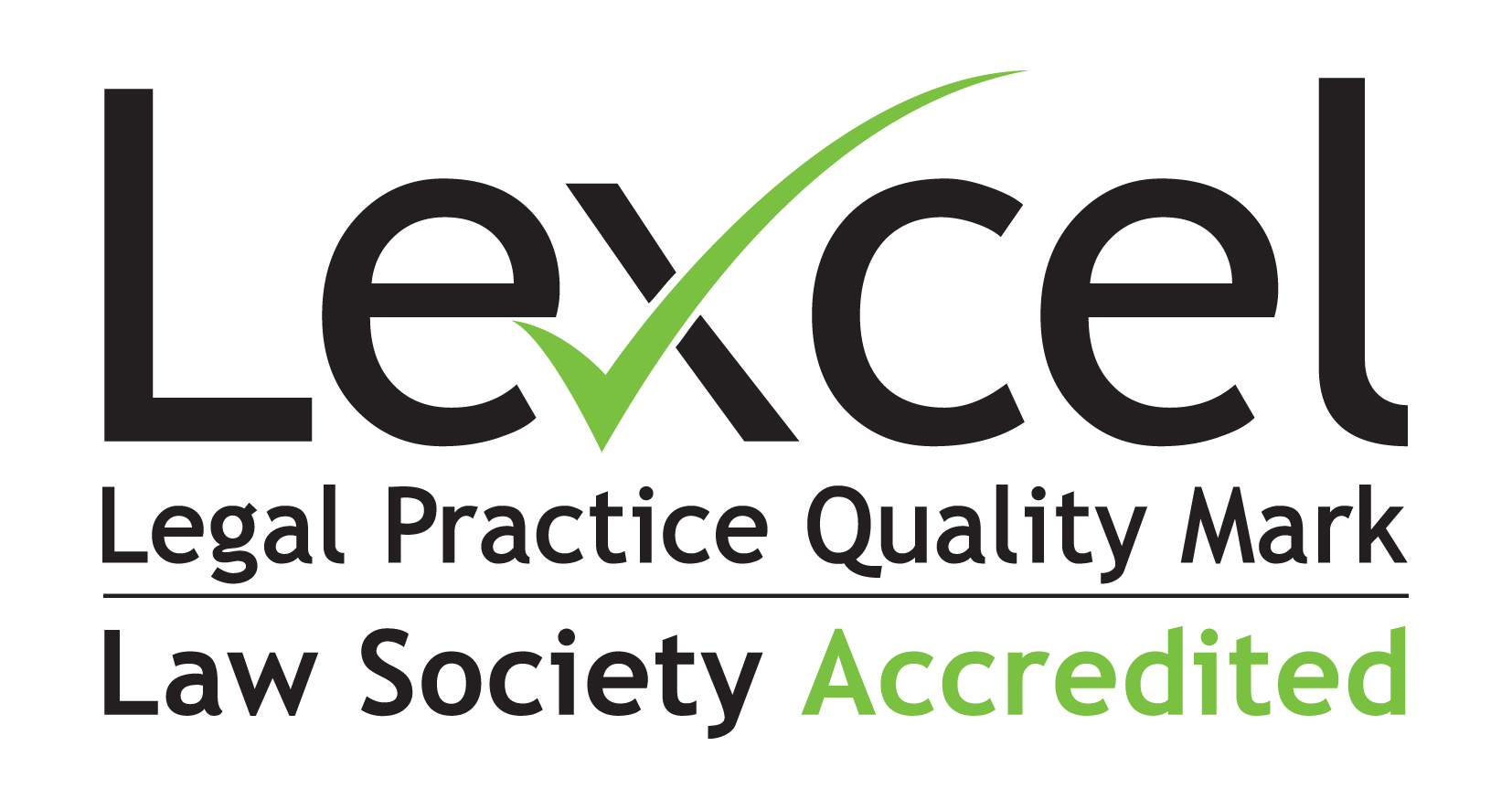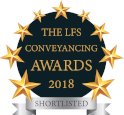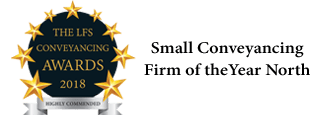- Home >
- Wills, Probate & Trusts >
- Wills & Living Wills
Wills & Living Wills
Reasons for making a will:
- Statistically, people with wills live longer.
- A will shows that you care: about your family, about your friends and about the charities and organisations you support.
- If you do not make a will, the law decides who receives your property and how it is shared out. It does not all automatically go to your husband, wife or civil partner.
- The state will inherit everything if you have no family and do not leave a will.
- A companion or unmarried/unregistered partner has no automatic entitlement to anything, unless you leave a will.
- A will lets you choose guardians for your children while they are young and lets you decide what age they should inherit at.
- You can provide for your pets in a will.
- A will is a much, much less expense than a disputed estate.
- Marriage, children, separation, divorce, living together or dying together can have serious implications if you do not have a properly worded will.
- Once it is done, it is one less thing to worry about.
- It can save inheritance tax.
- You know it makes sense.
Warnings and reminders:
- Do not risk making a will without professional guidance or dying without one.
- A seemingly simple, but wrongly worded will may be invalid or have different consequences to those you intended.
- A will can be updated easily and should be reviewed regularly to cater for changing circumstances.
First Appointment – what do we need and what to bring:
Don’t worry if you can’t produce anything or everything. The idea behind the list is to avoid the comment, “if I’d known that would have been useful, I’d have brought it”.
- Your full name, address, telephone number, date of birth, occupation and National Insurance number.
- Your address book – or the full names and addresses of any-one you intend to mention in your will.
- Your existing will or a copy of it.
- If you have children under 18, the name and address of a guardian or guardians for them.
- Who owns your house, approximately what it is worth and the value of any outstanding mortgages.
- If the house is owned jointly by more than one person, whether you own it as joint tenants or tenants in common. See Joint Owners for more information.
- What you are worth – approximately – so that we can give you appropriate inheritance tax advice.
- Details of any items you wish to leave to particular people, for example your jewellery to your niece.
- Any additional factors we need to take into account. For example: do you have dependent relatives or children to a former partner or spouse or does anyone you wish to provide for have physical or mental problems.







